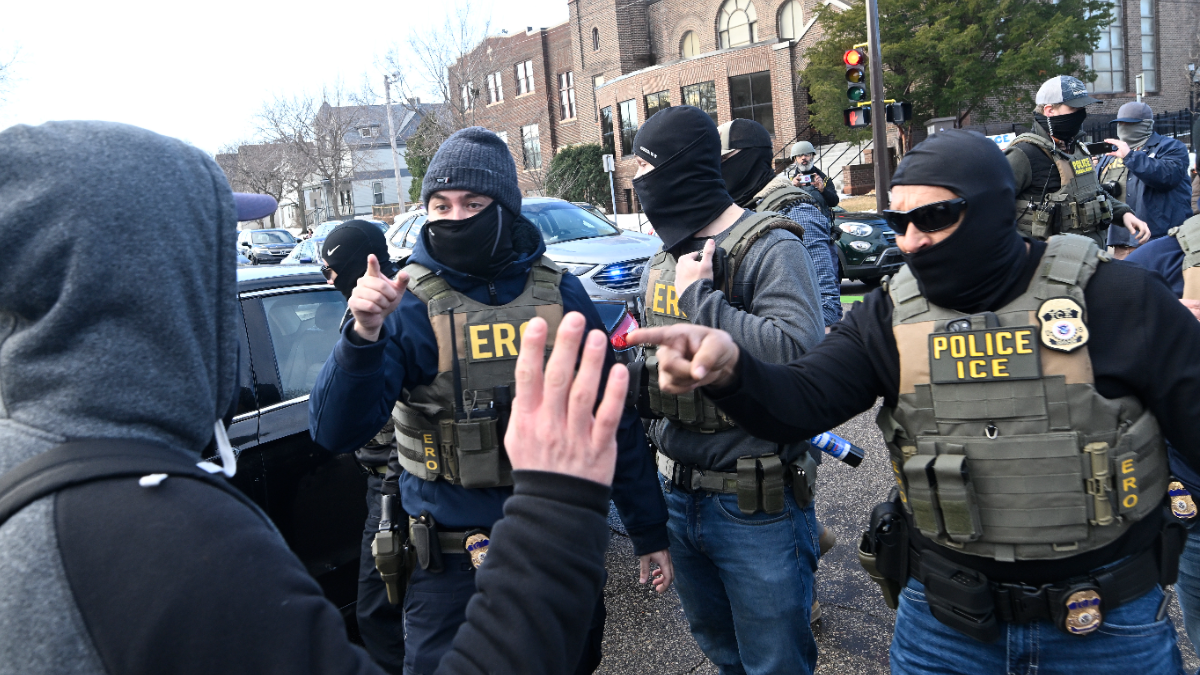
Four episodes were provided prior to broadcast.
John Ridley’s crime drama anthology series, American Crime is back for a third season and it remains the superbly written piercing examination of American life that’s electrified the small screen for the last two years. This time we’re introduced to the North Carolina farmlands that house a significant amount of undocumented migrant workers. Forced to work themselves to exhaustion in terrible conditions, their wages are garnished to pay for their debts to the owners. Keeping the workers in perpetual servitude, these so called debts are meant to pay for their even more horrendous living conditions and that’s just the tip of the iceberg.
American Crime is a bold series unafraid of packing multiple tough controversial issues into its narratives and season 3 seems to be no different. Not only do we see the way migrant workers get trapped, but that it can happen just as easily to anyone homegrown. The complicated relationship between Isaac (Richard Cabral) and Coy Henson (Connor Jessup) illustrates this point with incredible profoundness. The order coming from the top of the agricultural industry chain is produce more for less. A recruiter and field manager for his farm, Isaac is pressured to get more workers and so, convinces the young drug addict Coy to come work on the farm by promising free housing, booze and drugs. Isaac underestimates Coy’s addiction and a balancing act ensues with work and compassion in direct conflict.
Jeanette (Felicity Huffman), married to an owner of this particular farm, faces her own crisis of conscience when she hears about a deadly fire that has taken place on the farm. Long removed from the business dealings of her husband and his family, she decides she needs to do more and starts to press into what’s really going on. American Crime does not just aim to illuminate the injustices in America, but provide examples of people who stand up and challenge the system. Jeanette upholds the tradition of characters having the courage to fight for change and help people in need.
Luis Salazar (Benito Martinez), meanwhile, arrives at the farm in search of his teenage son. He desperately crosses dangerous people and terrain in hopes of bringing him back home to Mexico. The last time Benito Martinez had a large role was during season 1 where he played a father trying to get his teenage son acquitted of a crime and bring him home. One of the great things about anthology shows is the opportunity to see the same actors taking on vastly different roles, so it’s a little disappointing to see Martinez given such a similar part to play. But just as before, his work here is very strong and a role that could very well evolve into something much more, later in the season.

Elsewhere in North Carolina, there’s another woman fighting the good fight. A social worker Kimara (Regina King) is assisting the authorities with interrogating victims of a prostitution ring. One of the victims is an underage girl named Shae (Ana Mulvoy-Ten), who may be the key to bringing the whole sex ring down if she’s willing to speak against her pimp. This particular story thread opens the series up to a new set of problems not yet explored, including prostitution, sex trafficking and systematic failure in the shelter system with insufficient space for residents and waiting lists a mile long. The story thread also fascinatingly examines the psyche of the victim – in this case, the prostitutes who actually are grateful to their pimps for getting them off the streets.
Series regulars Timothy Hutton, Connor Jessup, and Lili Taylor are all outstanding here, while newcomers to the cast Cherry Jones and Ana Mulvoy-Ten provide powerful supporting turns. But it’s Felicity Huffman and Regina King who take center stage. They represent for American Crime the kind of mainstay duo that Jessica Lange and Sarah Paulson were with American Horror Story. They’re two powerhouse actresses putting their immense talent on display in core roles each season. Richard Cabral, meanwhile, is more the unsung hero, an actor who puts so much heart in his characters and oozes with conviction. It’s great to see he’s still in the mix in this eclectic ensemble.
What’s most striking about American Crime’s cocktail of hot topic themes is how well they blend into one another. The show takes its time in setting up each story layer by layer until one bleeds into the other proving how ultimately, it’s all part of the same flawed machine. This patience in storytelling is its greatest strength, as it also allows characters to have good and bad moments — to be human. In order for important stories like these to remain engaging, audiences have to be able to see parts of themselves in the characters, and American Crime excels at representing the truth in us and the people around us, often times scarily and frustratingly so.










Published: Mar 7, 2017 11:44 am